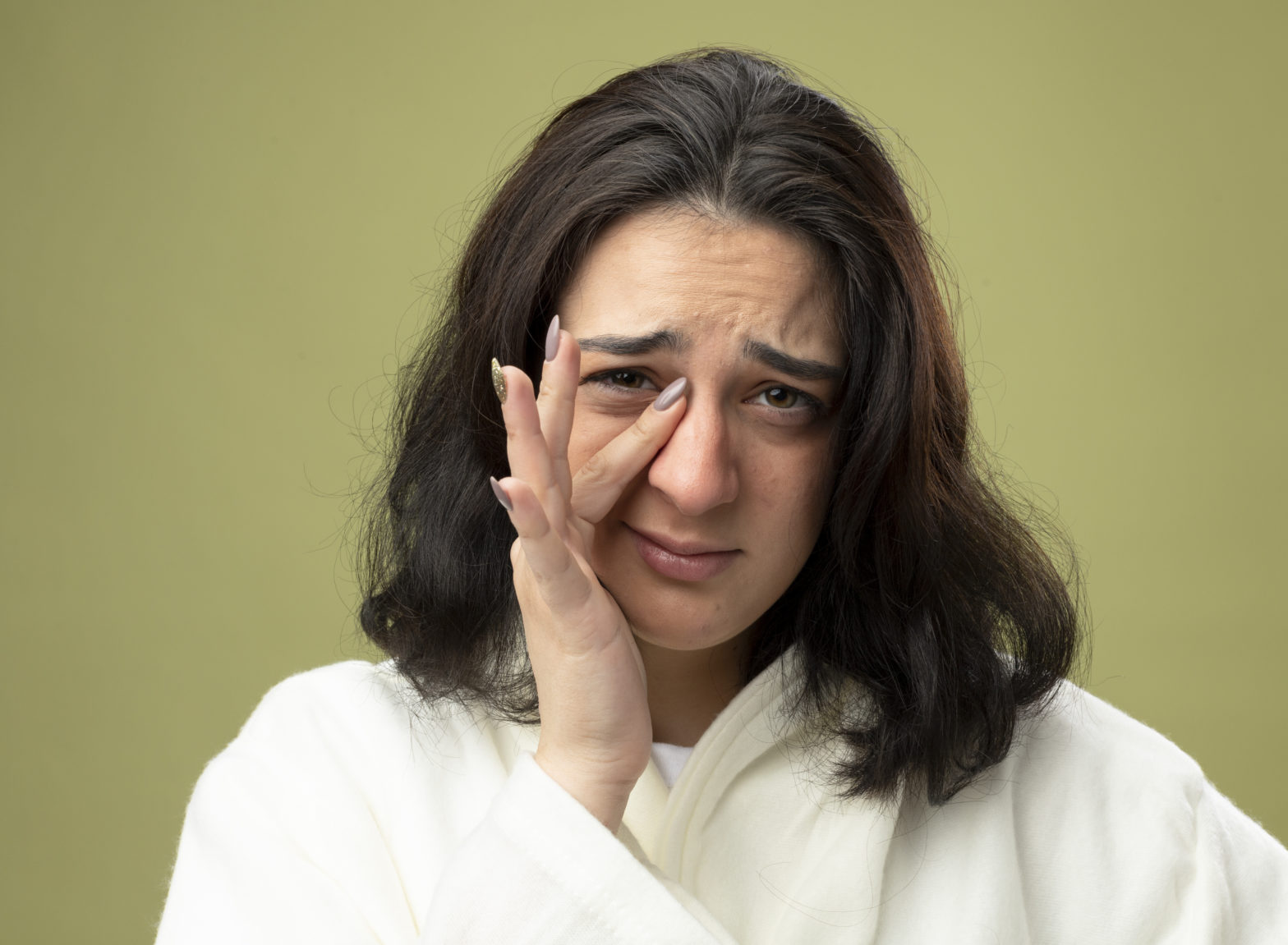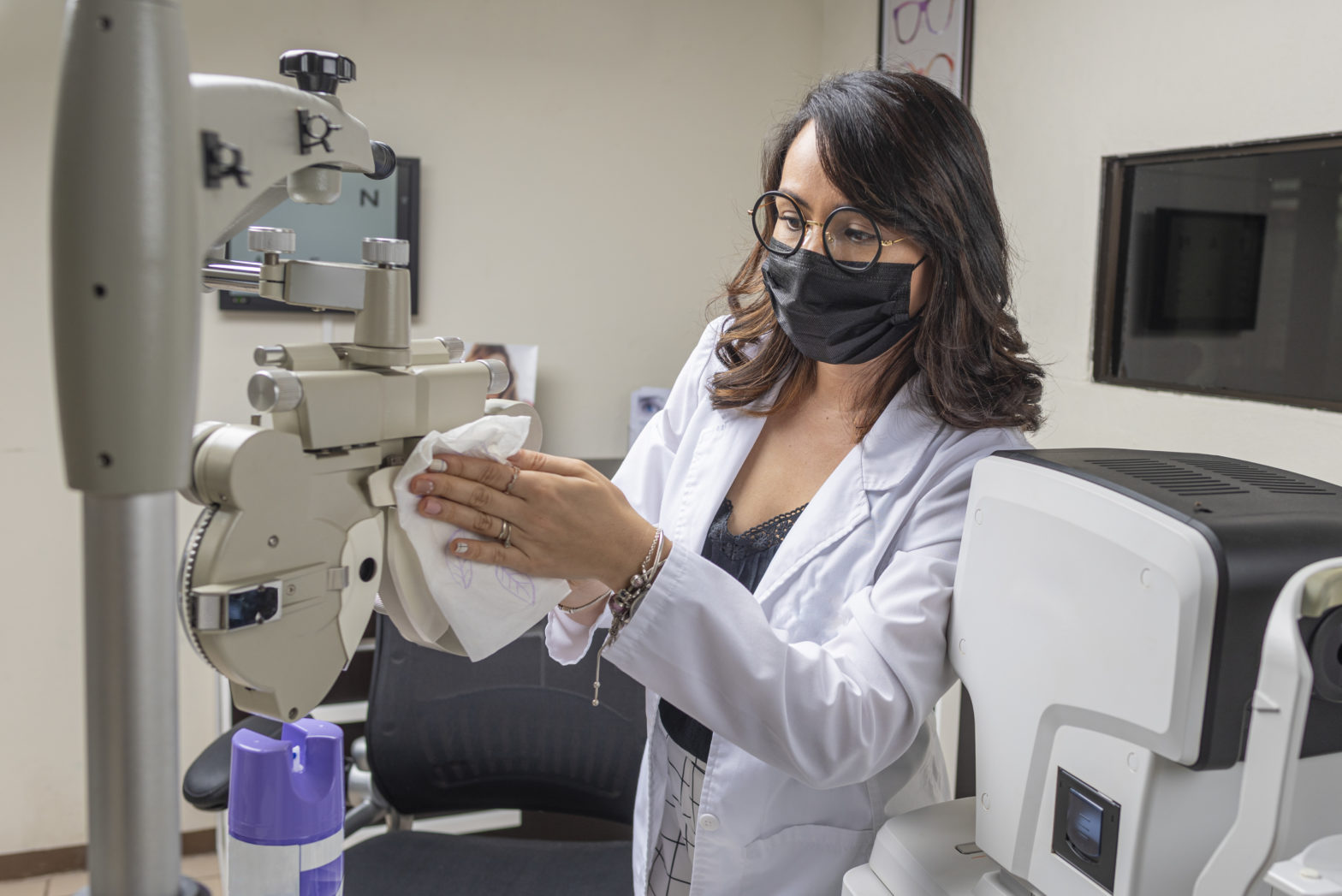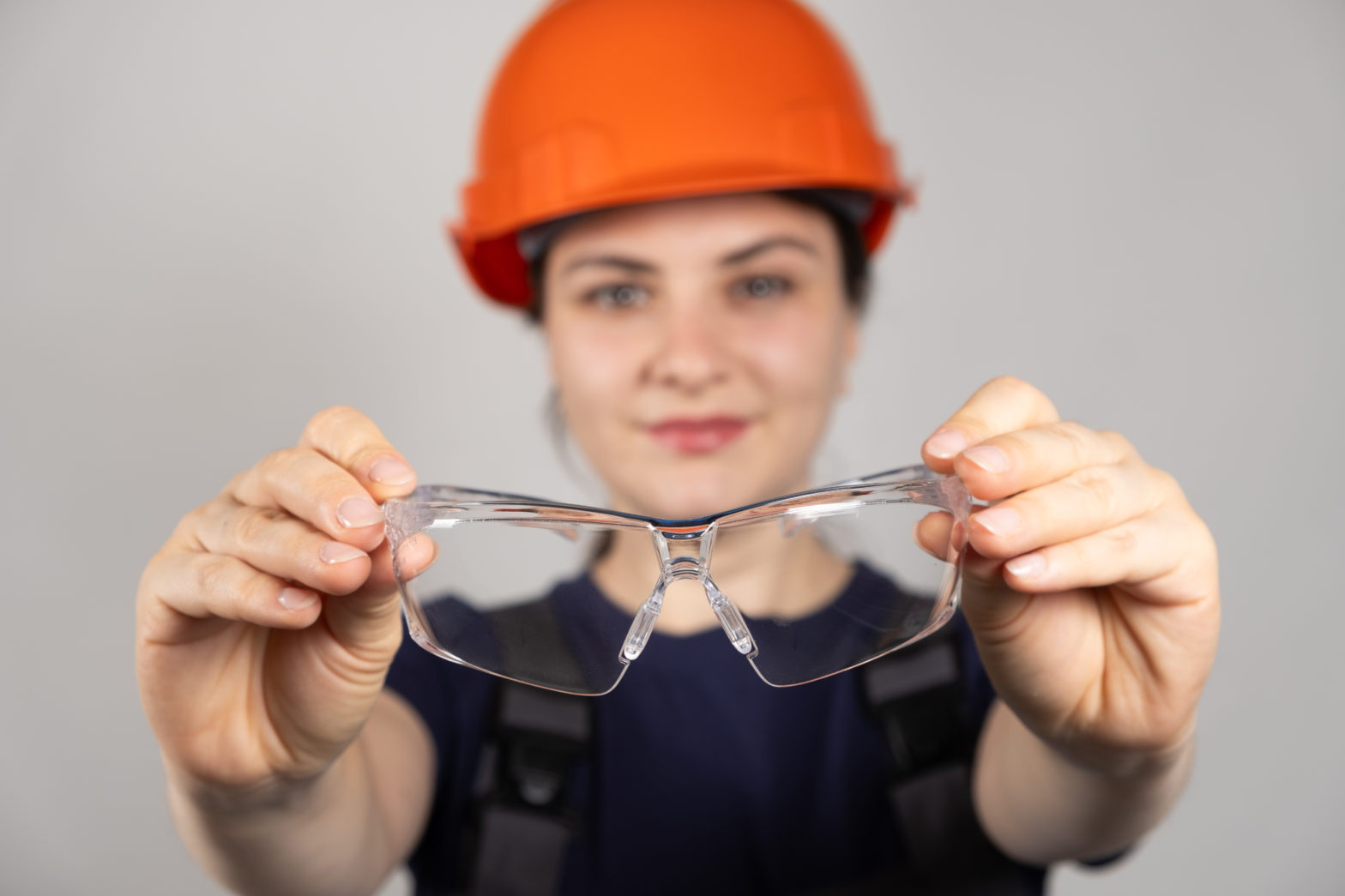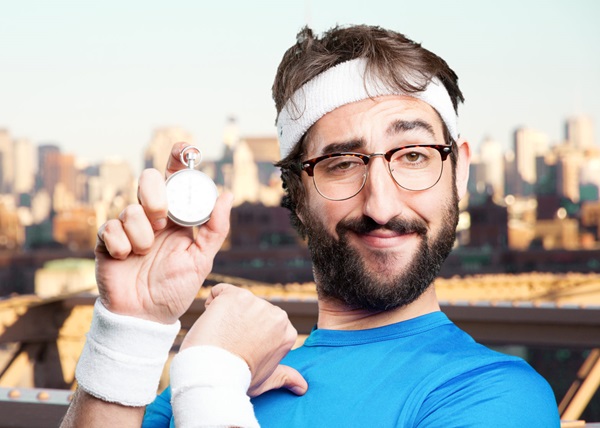Our home is where we feel safest, but did you know that it’s also a place where many eye injuries can occur? According to the American Academy of Ophthalmology, about 50% of all eye injuries happen at home, and a majority of them are entirely preventable. From cooking mishaps to DIY projects, the comfort of your home shouldn’t compromise the safety of your eyes.
Here are some innovative and practical safety tips to help you prevent eye injuries and safeguard your vision.
1. Wear Eye Protection for DIY Projects
Home improvement projects, although rewarding, come with their fair share of risks. When working with power tools, chemicals, or even just cutting wood, it’s easy to overlook the importance of eye protection. Wood chips, dust, and flying debris can cause serious eye damage if you’re not properly protected.
Tip: Invest in a pair of high-quality safety goggles. They’re inexpensive, comfortable, and can save your eyesight. Look for goggles with side shields for full coverage.
Don’t forget to wear protective eyewear when handling chemicals or cleaning products. Many household cleaners contain ingredients that can irritate or damage your eyes.
2. Keep Hazardous Materials Out of Reach of Children
Curiosity is natural for kids, but household items such as sharp objects, cleaning solutions, and even makeup products can pose significant dangers to their eyes. It’s essential to childproof your home to avoid accidental eye injuries.
Tip: Store hazardous materials like cleaning products, sprays, and medicines in locked cabinets or on high shelves. Make sure children can’t easily reach them.
3. Be Mindful of Kitchen Safety
The kitchen is a prime spot for eye injuries. Hot oil splashes, sharp knives, and even flying food particles can all cause harm. Cooking without awareness can lead to burns or cuts that impact your vision.
Tip: Always wear protective eyewear while chopping or slicing. When cooking with hot oils or handling boiling liquids, ensure that your face is shielded. You might even consider a splatter guard for frying.
If you wear contact lenses, avoid wearing them while cooking, especially when dealing with fumes, oils, or cleaning chemicals. It’s better to wear glasses to minimize the risk of contamination.
4. Secure the Play Area
For families with children or pets, play areas should be a top priority for safety. A misplaced toy or piece of furniture can easily lead to accidental bumps, falls, or objects that could get into the eyes.
Tip: Regularly check the environment for potential hazards. Remove any sharp edges or small objects that can be accidentally thrown or poked into the eyes. Use soft padding and make sure all toys are age-appropriate.
5. Protect Your Eyes from UV Rays Indoors
You may not think about UV rays when you’re inside, but they can still cause damage to your eyes. Extended exposure to sunlight through windows or reflective surfaces can lead to conditions like కంటిశుక్లం, macular degeneration, and even corneal damage.
Tip: Install UV-blocking window films or purchase window treatments that can reduce UV exposure. If you are spending a lot of time near windows, wear sunglasses to protect your eyes from harmful rays.
6. Use Caution with Pets
Pets are wonderful companions, but their playful nature can sometimes lead to accidental injuries. A wagging tail, an exuberant jump, or a rough play session can cause scratches or hits to the eyes.
Tip: Encourage gentle play with pets, especially around the face. If you have young children, teach them to handle pets with care to avoid rough contact that could result in injury.
7. Safeguard Your Eyes During Household Cleaning
Cleaning products often contain chemicals that can irritate or injure your eyes. From bathroom disinfectants to glass cleaners, you should always be cautious when handling these items.
Tip: Always read the label and follow the instructions for proper use. Keep cleaning supplies out of the reach of children and pets. When cleaning, wear gloves and safety goggles to prevent any splashes from getting into your eyes.
Use natural cleaning solutions like vinegar and baking soda for less harsh, more eye-friendly alternatives.
8. Be Aware of Fireworks and Decorative Items
Holidays and special occasions often bring fireworks, sparklers, and other fun decorations, but these can be risky for your eyes. Fireworks are a leading cause of serious eye injuries, so it’s important to exercise caution.
Tip: Always maintain a safe distance from fireworks and sparklers, and never attempt to relight a dud. Be sure to wear protective eyewear if you’re handling fireworks or are in an area where they’re being used.
9. Set Up Your Work Space Properly
Whether you’re working from home or simply reading or sewing, your workspace can have an impact on your eye health. Poor lighting, awkward angles, and even staring at screens for too long can strain your eyes.
Tip: Adjust your lighting to reduce glare. For reading or working, ensure you have adequate lighting that doesn’t cause strain. Try using ambient lighting with task lighting, like a desk lamp, to avoid eye fatigue.
Take regular breaks, known as the 20-20-20 rule. Every 20 minutes, look at something 20 feet away for at least 20 seconds. This reduces strain on your eyes from prolonged screen time.
10. Properly Maintain Eye Health with Regular Checkups
The best way to ensure the safety of your eyes at home is to prevent problems before they arise. Regular eye checkups can catch potential issues before they develop into more serious problems. Routine visits to an eye care professional can help maintain healthy vision, and they can offer advice on how to protect your eyes at home.
Tip: Schedule an eye exam at least once a year. If you have vision problems, don’t delay treatment, as ignoring eye conditions can lead to long-term damage.
Small Precautions, Big Rewards for Your Eyes
At the end of the day, home safety is about being proactive. While many eye injuries happen in the blink of an eye, most of them are entirely preventable with just a little extra care. By incorporating these simple steps into your daily routine, you can help reduce the risk of eye injuries and ensure that your home remains a safe, comfortable space for everyone.
So, the next time you reach for a tool, spray a cleaning product, or even chop vegetables, remember that your eyes are precious—and protecting them should always be a priority!








